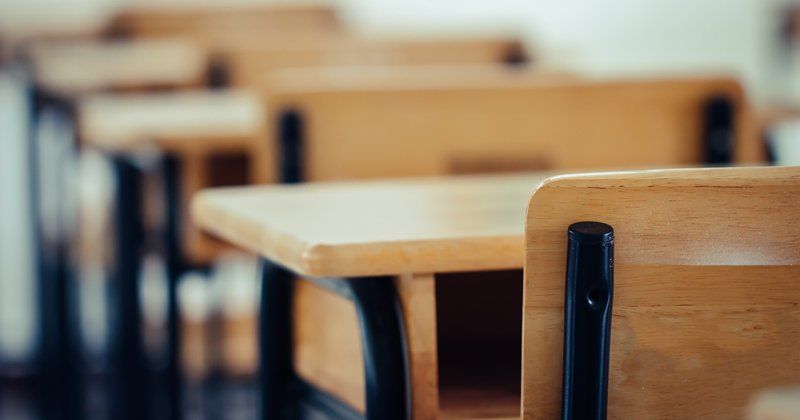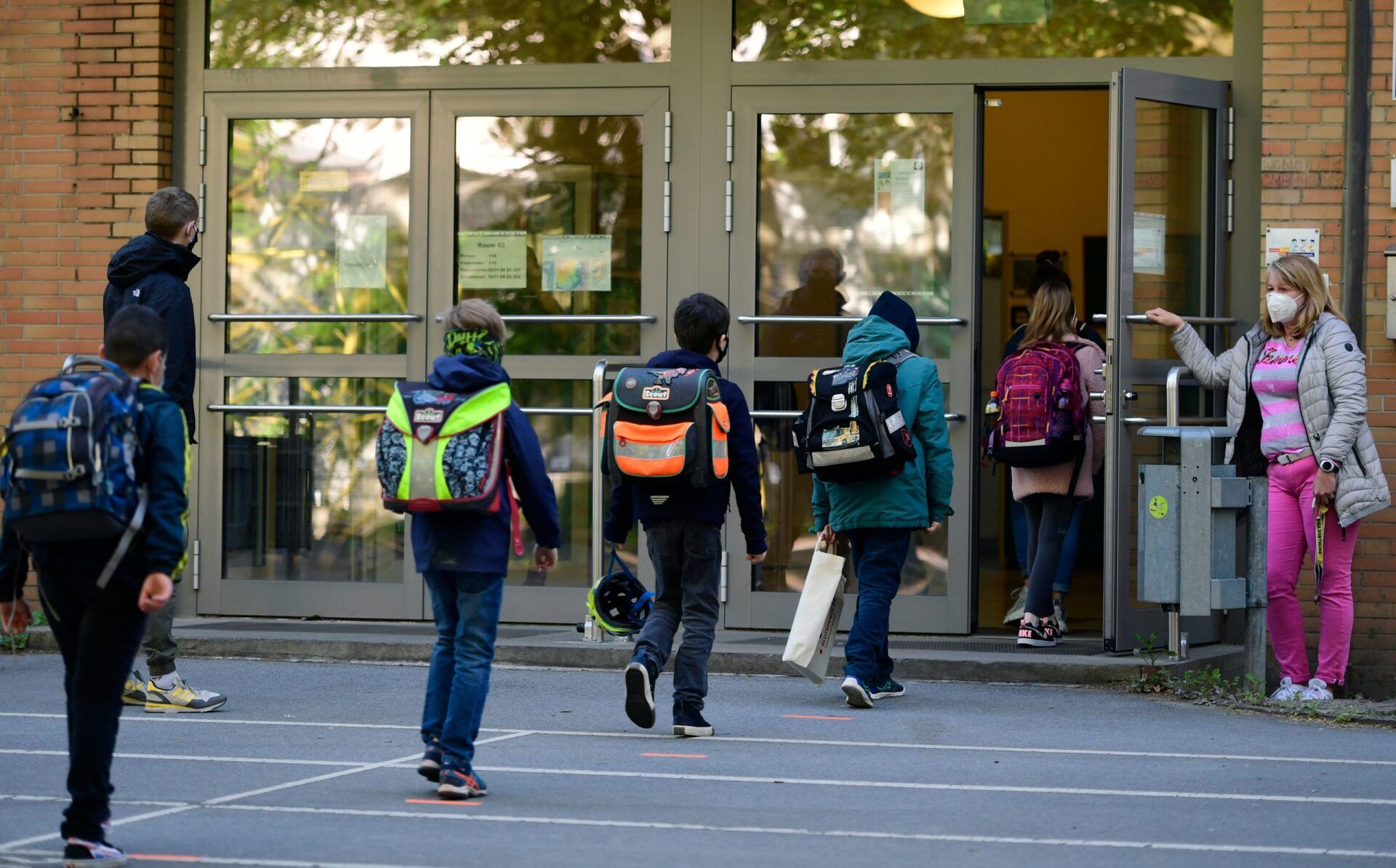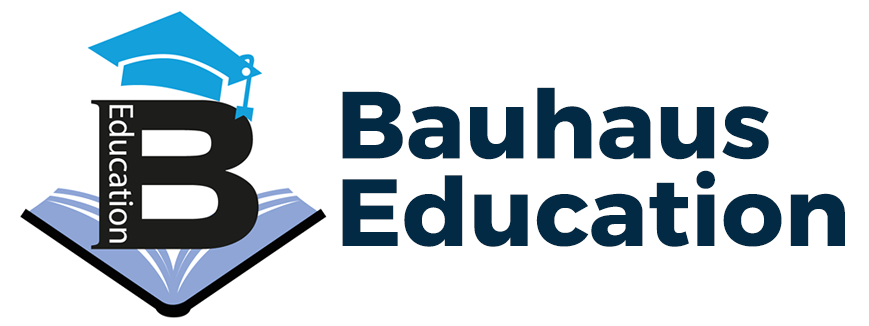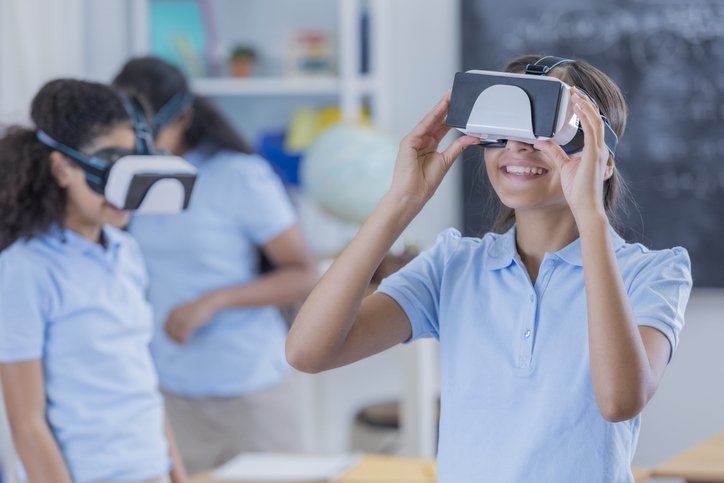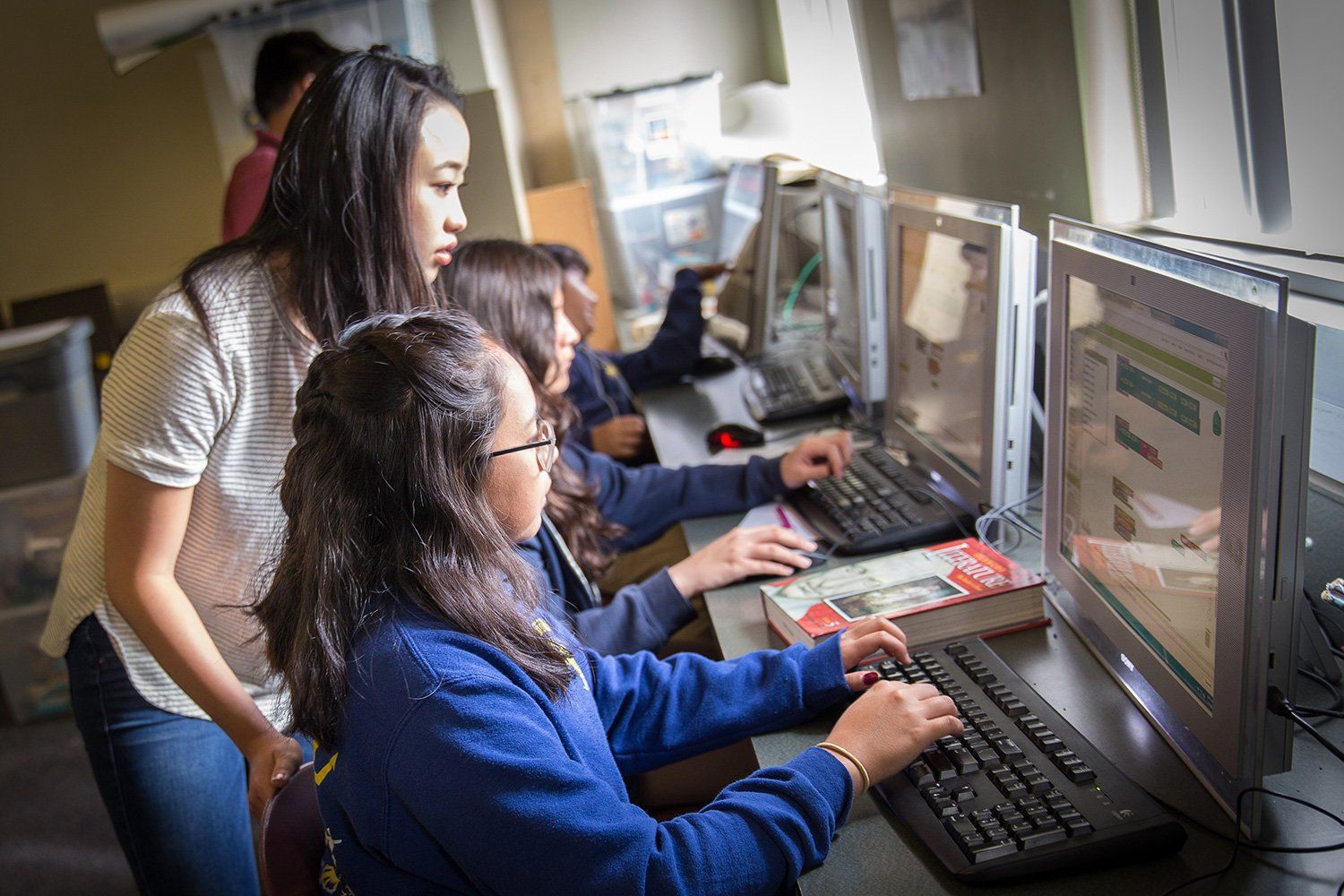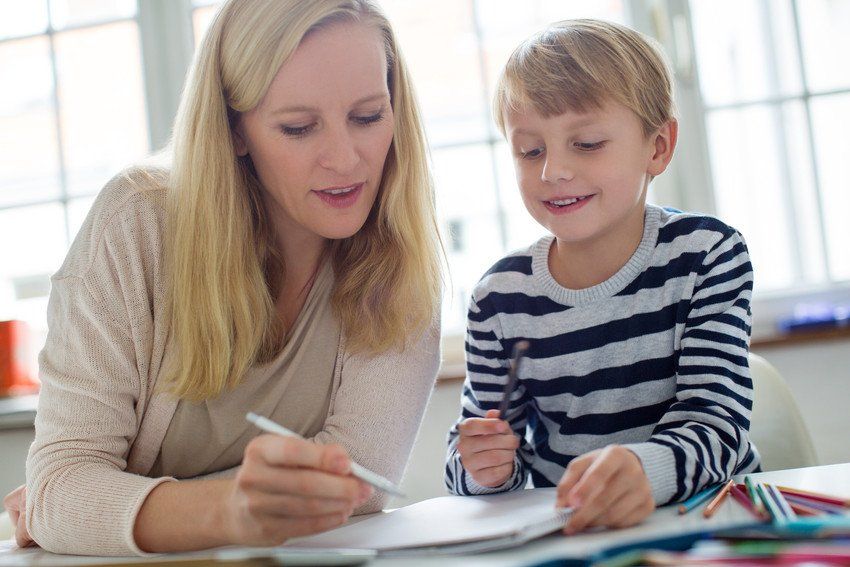Students at Raac schools fear they are 'kissing top grades goodbye'
Pupils at schools in England that are partially closed because of dangerous concrete say the disruption has left them fearing for their futures.
Mary, 17, said she was worried about how a lack of specialist equipment and rooms will impact her plans to study architecture.
She told the BBC she was shocked when students were told about the classroom closures at the start of the school year.
"I cried... it was very worrying," she said.
"This will affect us for the whole of our course," said fellow student, Amelia, 17. "It's not just going to be a little problem - it's a big problem."
Schools have different ideas about what any extra help should look like.
Those ideas include assessing pupils' grades on a case-by-case basis or schools being given a blanket percentage increase on their results. Others favour returning to teacher-assessed grades, which is what happened when exams were cancelled during the pandemic
Prof Stephen Gorard, of the University of Durham, who has produced a report on the impact of Raac on the school's pupils, said some parents had moved their children to other schools.
He told the BBC that, compared with pupils elsewhere, students at those schools impacted by Raac "are going to be disadvantaged for their assessments".
"The difficulty lies in deciding to what extent that has happened. But clearly it is not a desirable situation," he said.
"I think anybody who's seen these schools will know that disruption is bad."
St Leonard's has called the situation "extremely challenging", adding that bad weather had further delayed the instalment of temporary classrooms and rebuilding work.
It said it was in discussions "to ensure our students are not disadvantaged through this unprecedented situation" and would be asking for special consideration.
Shoeburyness High School in Essex was aware of the presence of Raac in its design and technology block months before the school was added to the government's official list.
Work to remove the concrete has been pushed back to Easter, which the school says would have been too late for GCSE design and technology students to complete the required practical work.
Rather than waiting for an extension that might not be allowed, the school switched the students to 3D design, a different GCSE course.
"It's very, very difficult part-way through a course to be told you suddenly don't have an option that you had before," said Ben Stickley, CEO of Southend East Community Academy Trust, to which Shoeburyness High School belongs.
"We'd never want to do that, but what we're looking at is the least-worst option for them."
The school has asked for an extension for its A-level 3D design students, who have been using rulers and utility knives because they are unable to access the laser cutters typically used by students in other schools.New Paragraph
'I cried... it was worrying'
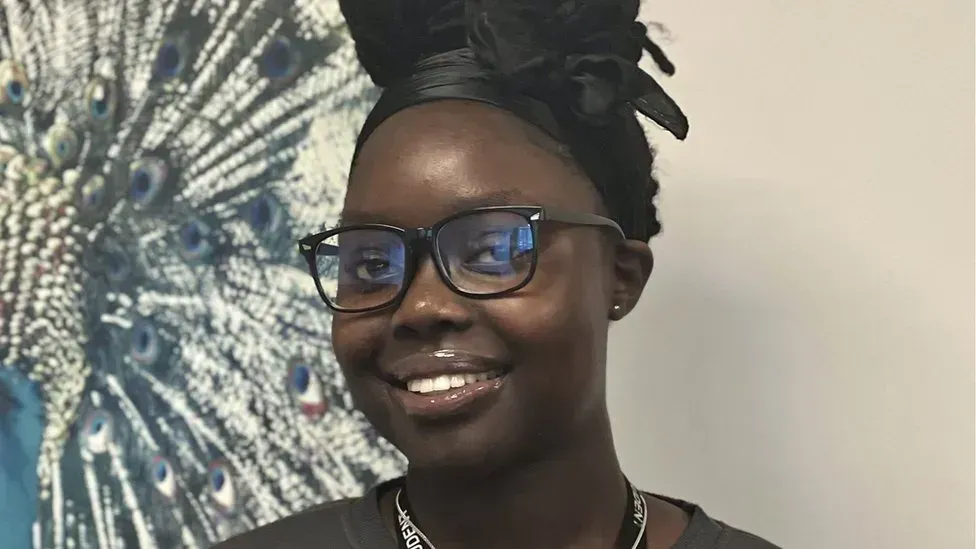
| Some A-level students like Mary want exam boards to recognise how Raac has disadvantaged them.
Mary, 17, said she was worried about how a lack of specialist equipment and rooms will impact her plans to study architecture.
She told the BBC she was shocked when students were told about the classroom closures at the start of the school year.
"I cried... it was very worrying," she said.
"This will affect us for the whole of our course," said fellow student, Amelia, 17. "It's not just going to be a little problem - it's a big problem."
Schools have different ideas about what any extra help should look like.
Those ideas include assessing pupils' grades on a case-by-case basis or schools being given a blanket percentage increase on their results. Others favour returning to teacher-assessed grades, which is what happened when exams were cancelled during the pandemic
Prof Stephen Gorard, of the University of Durham, who has produced a report on the impact of Raac on the school's pupils, said some parents had moved their children to other schools.
He told the BBC that, compared with pupils elsewhere, students at those schools impacted by Raac "are going to be disadvantaged for their assessments".
"The difficulty lies in deciding to what extent that has happened. But clearly it is not a desirable situation," he said.
"I think anybody who's seen these schools will know that disruption is bad."
St Leonard's has called the situation "extremely challenging", adding that bad weather had further delayed the instalment of temporary classrooms and rebuilding work.
It said it was in discussions "to ensure our students are not disadvantaged through this unprecedented situation" and would be asking for special consideration.
Shoeburyness High School in Essex was aware of the presence of Raac in its design and technology block months before the school was added to the government's official list.
Work to remove the concrete has been pushed back to Easter, which the school says would have been too late for GCSE design and technology students to complete the required practical work.
Rather than waiting for an extension that might not be allowed, the school switched the students to 3D design, a different GCSE course.
"It's very, very difficult part-way through a course to be told you suddenly don't have an option that you had before," said Ben Stickley, CEO of Southend East Community Academy Trust, to which Shoeburyness High School belongs.
"We'd never want to do that, but what we're looking at is the least-worst option for them."
The school has asked for an extension for its A-level 3D design students, who have been using rulers and utility knives because they are unable to access the laser cutters typically used by students in other schools.


